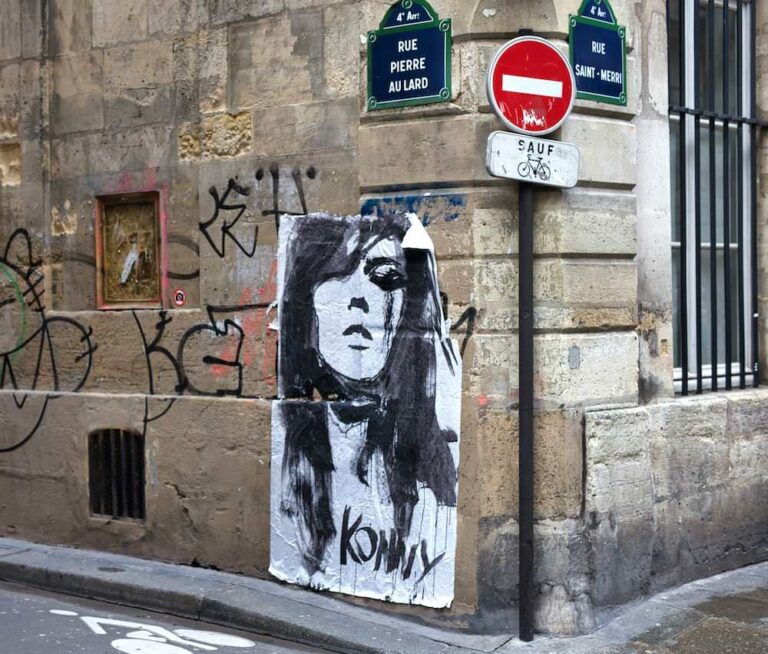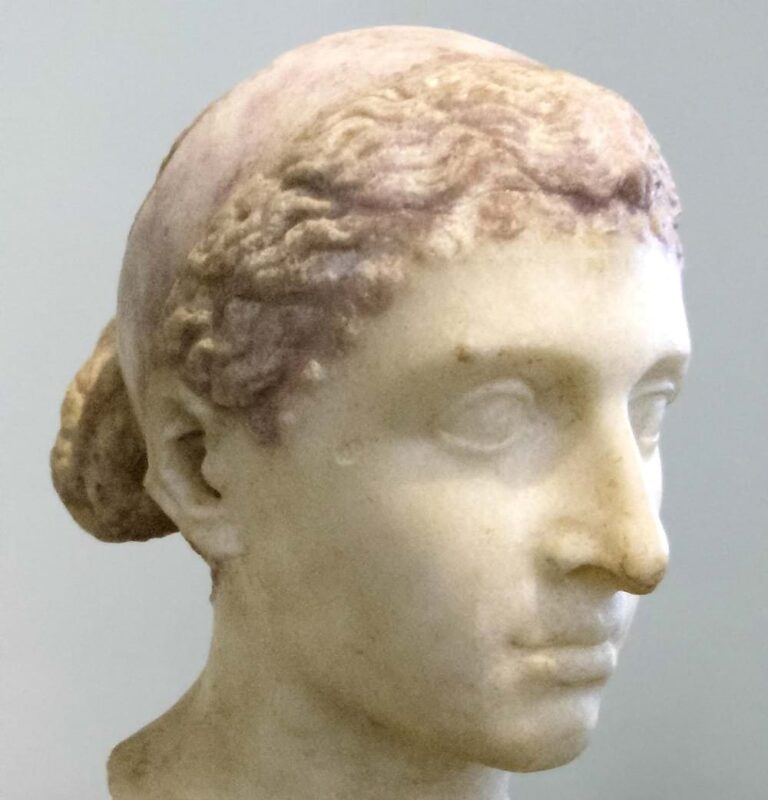faire le beau
Faire le beau is a fixed French expression with two main uses. Its original, literal use applies to dogs and means to beg or sit up obediently to please someone. By extension, when applied to people, it means to show off, seek approval, flatter, or behave in an ingratiating way. The expression is common in…









